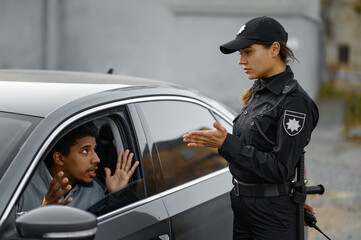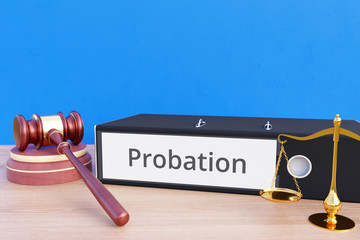There are many reasons why you may be stopped while driving, including running a red light, your taillight being out, suspected drunk driving, and more. Whatever the reason, it is imperative that you understand the rights afforded to you when you are pulled over by the police. Continue reading for more information and speak with an experienced Mercer County criminal defense lawyer for skilled legal counsel.
What Are My Rights When Being Pulled Over By the Police in NJ?
Both state and federal laws provide individuals with certain rights when interacting with law enforcement. One of the most important and well-known rights is the right to remain silent. This is afforded to all by the Fifth Amendment of the U.S. Constitution. You have the right to refuse to answer questions for police officers during a traffic stop and avoid incriminating yourself.
You also have the right to say no to searches of your vehicle. Law enforcement officers can only conduct searches and seizures of personal property if they have a valid search warrant, probable cause, or your permission. You have the right to refuse consent when asked to search your car.
If the officer suspects you of driving while under the influence of drugs or alcohol, they may ask that you perform a field sobriety test. This series of tasks can help determine whether you are intoxicated, but it is important to understand that you have the right to refuse. These tests can be difficult to pass even if you are sober, so you may choose to respectfully decline in order to prevent the results from being used against you if you are charged.
Know that you have the right to film the interaction as well. You can record the traffic stop as long as it does not physically interfere with the officer’s duties.
What Do I Have to Do During a Traffic Stop?
While understanding the legal rights afforded to you is crucial during a traffic stop, it is equally important to know the obligations you have. After being pulled over by a police officer, you must do the following or else risk legal repercussions.
- Get out of the vehicle when asked: Officers are within their rights to ask a driver to step out of the vehicle
- Show your ID: You are legally required to provide the officer with your driver’s license, vehicle registration, and proof of insurance upon request so they can identify you and ensure your vehicle is insured
- Submit to a breathalyzer: You technically can refuse to submit to a breath test during a traffic stop, but you can incur legal penalties like fines or a license suspension for doing so
To learn more about your legal rights and responsibilities, reach out to a skillful defense attorney today.




